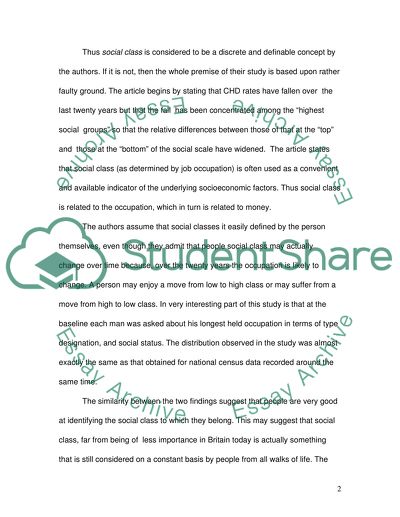Cite this document
(“Social Class in Contemporary Britain Book Report/Review”, n.d.)
Retrieved from https://studentshare.org/sociology/1500852-social-class-in-contemporary-britain
Retrieved from https://studentshare.org/sociology/1500852-social-class-in-contemporary-britain
(Social Class in Contemporary Britain Book Report/Review)
https://studentshare.org/sociology/1500852-social-class-in-contemporary-britain.
https://studentshare.org/sociology/1500852-social-class-in-contemporary-britain.
“Social Class in Contemporary Britain Book Report/Review”, n.d. https://studentshare.org/sociology/1500852-social-class-in-contemporary-britain.


